Publications
Articles, publications, books, tools and multimedia features from the U.S. Institute of Peace provide the latest news, analysis, research findings, practitioner guides and reports, all related to the conflict zones and issues that are at the center of the Institute’s work to prevent and reduce violent conflict.
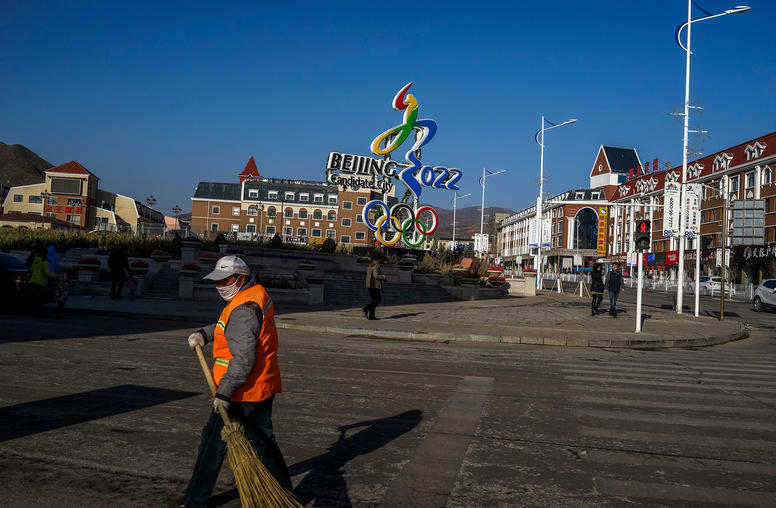
U.S. Diplomatic Boycott of Beijing Olympics: No Longer 'Business as Usual'
On Monday the Biden administration announced it would not send an official United States delegation to the Beijing Winter Olympic Games as a statement against China's "ongoing genocide and crimes against humanity in Xinjiang," as well as other human rights abuses such as in Hong Kong. U.S. athletes will still be allowed to compete in the Games, which start in February. USIP’s Lauren Baillie, Mirna Galic and Rachel Vandenbrink discuss the rationale behind the decision, how the boycott fits into the U.S. strategy surrounding the Uyghur crisis and how China and U.S. allies are responding.
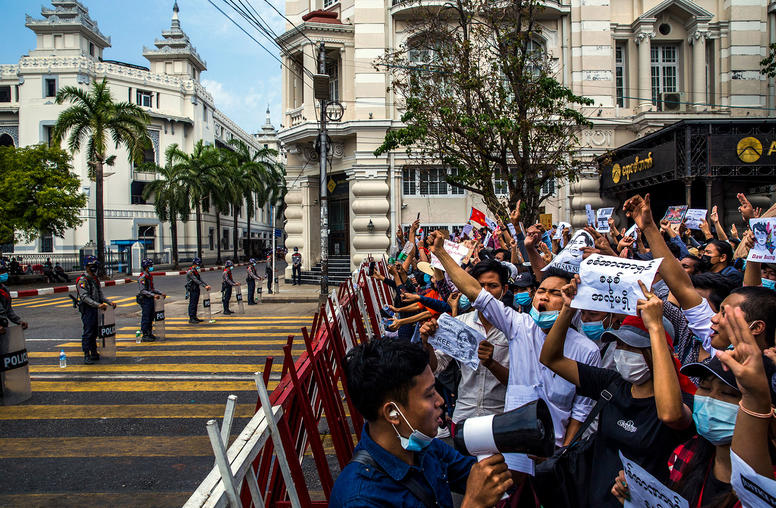
Myanmar Struggles to Reverse a Coup; Democracies Can Help
Few countries this year dramatize more powerfully the need for a global focus on strengthening democracy than Myanmar, now 10 months into a new chapter of military dictatorship and violence following its February 1 coup. Myanmar is a testament to the vulnerability of democracy when armed forces expect no repercussions for brutality and can rely on support from authoritarian governments which will arm, legitimize and finance them. As the United States and partners seek ways to boost democracy in this week’s White House summit, experts on Myanmar offered recommendations for policy.
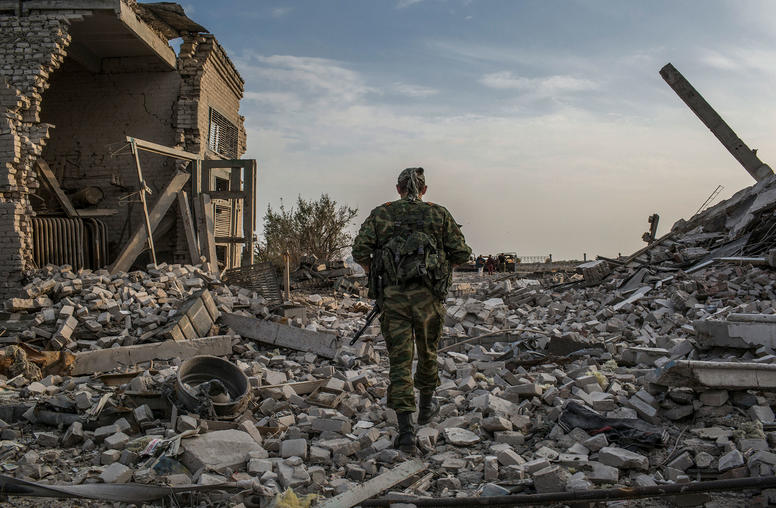
The World and Russia Need to Talk. But Not at Gunpoint.
Russia’s massing of military forces around Ukraine now threatens an invasion by as many as 175,000 troops, perhaps in a matter of weeks. While the United States, Ukraine and the rest of Europe would prefer a diplomatic solution to this crisis, dialogue cannot be at the point of a gun. The West must bolster its defenses and prepare economic sanctions, while showing it is ready to discuss Russia’s fears. But Mr. Putin must stand down his military threat to Ukraine and the rest of Europe before any negotiations.
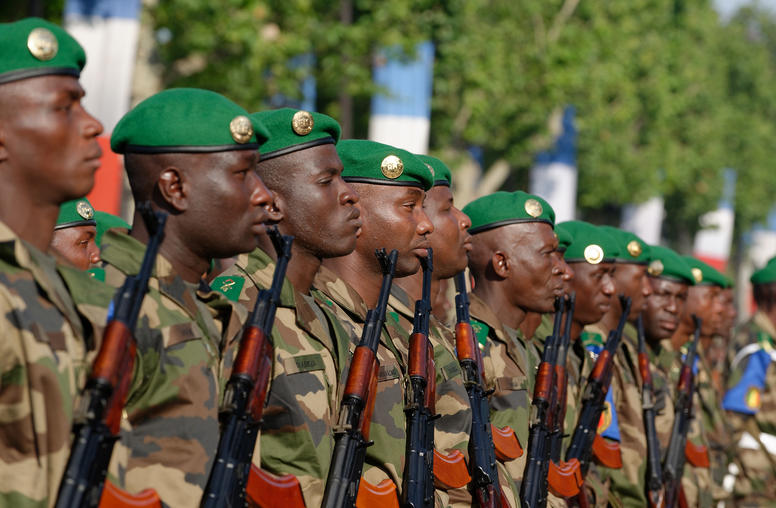
After Two Coups, Mali Needs Regional Support to Bolster Democracy
Amid a 15-year global democratic recession, the Biden administration is convening over a hundred nations this week to revitalize democracy. This comes at a critical juncture, as democracy’s defenders are reeling from the growing challenges posed by authoritarian foes. The West African country of Mali puts these challenges in stark relief, after the country experienced two coups in a year. Underlying the crisis of coups in Mali is a deeper crisis of state legitimacy, which has been exacerbated by Western security assistance overly focused on short-term counterterrorism gains.
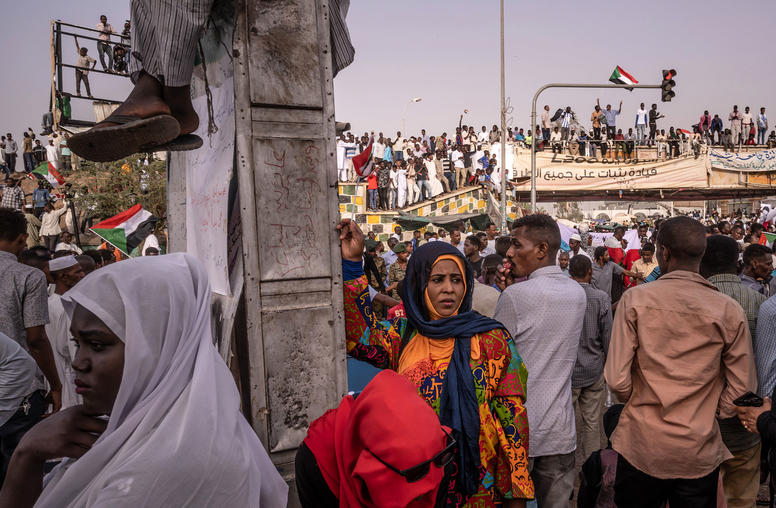
Putting Sudan’s Political Transition Back on Track
Sudan has been ruled by the military for 53 of the 66 years since it gained independence in 1955. On October 25, the military, in a familiar move, seized power throwing into question the political transition that would result in civilian rule. The civilian cabinet was dissolved, its leaders arrested and a state of emergency declared. Coup leader Gen. Abdel Fattah Burhan cited well-worn excuses to justify his actions. Ousted Prime Minister Abdalla Hamdok was later reinstated to lead a technocratic cabinet until elections scheduled for July 2023.
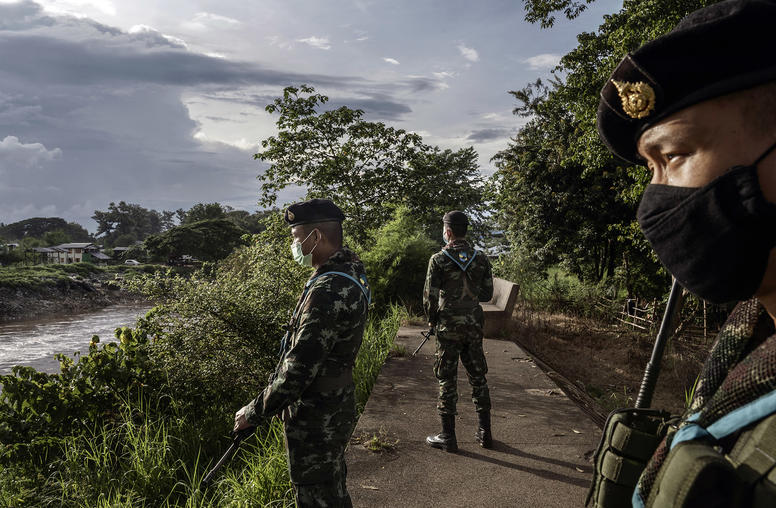
Three Priorities for U.S.-Thailand Cooperation in Myanmar
Secretary of State Antony Blinken was forced to cut short his first trip to Southeast Asia this week, scrapping plans to meet with Thai officials due to COVID-19 concerns. That talks with Thailand, specifically, were put on hold is an unfortunate development. Because while Blinken’s agenda for the trip was wide-ranging, the crisis in Myanmar was at the top of his list. And with a nearly 1500-mile border and close ties with Myanmar’s military junta, Thailand has the greatest stake in Myanmar’s future among ASEAN countries. As the world discusses a strategy for addressing the crisis in Myanmar, Thailand’s potential influence — especially with respect to humanitarian access — could prove consequential.
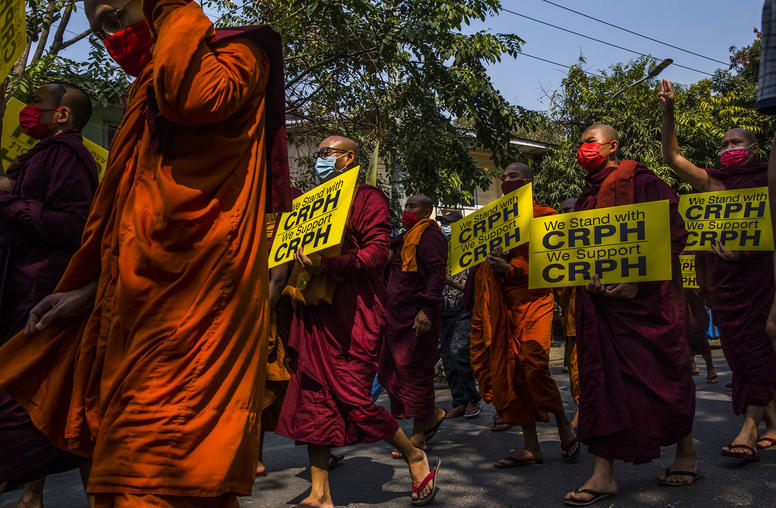
Myanmar Coup: Military Regime Seeks to Weaponize Religion
Ten months have passed since Myanmar’s military overthrew the country’s elected government, and by now it’s apparent that arrests, executions, torture and financial pressures will not pacify a population unwilling to be ruled by generals. So, the coup’s leader, Commander-in-Chief Min Aung Hlaing, is seeking to recast himself through military-controlled media. Rather than an autocrat who overturned the popular will, he portrays himself as the next in a long line of just and honorable Buddhist warrior-kings, monarchs who protected Buddhism from public apathy and external threats. The military is hoping that a barrage of religious propaganda can accomplish what force and violence have not.

Colombia: U.S. Aids Peace by Lifting ‘Terrorist’ Label From FARC
The U.S. government has opened opportunities to strengthen the implementation of the fragile 2016 peace accord and stem rising conflict in Colombia by ending its designation of the former Colombian guerrilla movement, FARC, as a terrorist group.
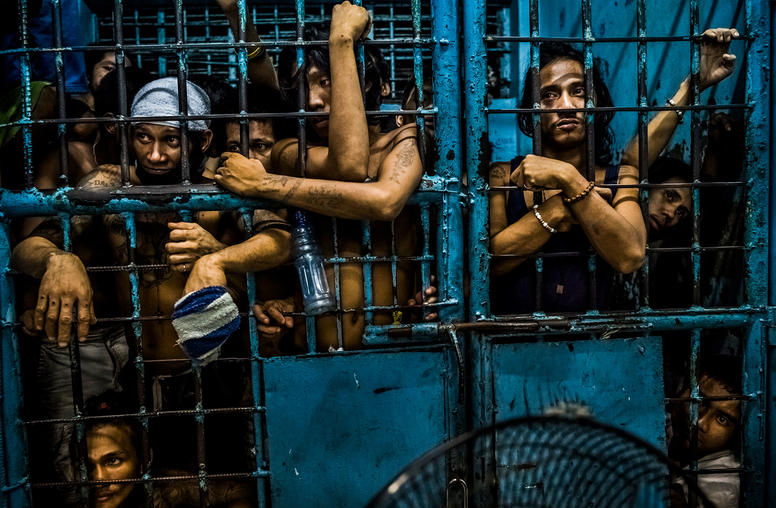
To Consolidate Democracy, Change U.S. Security Assistance
As the United States pursues its initiative to bolster democratic rule and human rights after last week’s Summit for Democracy, a priority should be to diagnose and repair the flaws in U.S. and allied approaches to helping vulnerable nations strengthen their security. Our existing pattern of security sector assistance focuses largely on training and equipping such nations’ forces, and it emphasizes the security of governments and institutions, rather than of the people they are meant to serve. This type of assistance prioritizes short-term tactical gains to the detriment of long-term U.S. strategic goals—and it should be reformed.
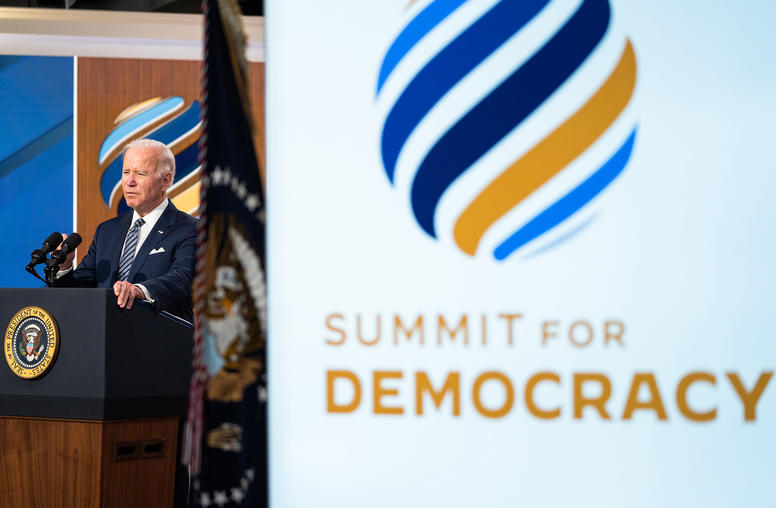
How to Deliver for Citizens in Fragile States After the Democracy Summit
Last week’s Summit for Democracy hosted by President Biden was a call to action. The first-ever international convening of its kind, it offered democratic leaders an opportunity to announce political commitments to reform over the coming year, and to begin to share experiences and learn from each other in a more deliberate way than has been the case to date. Given the unprecedented threats facing democratic systems worldwide, it was an important and timely step. What is less clear is what the summit entails for a particular subset of aspiring democracies: countries currently or recently affected by civil war that are transitioning to democracy.